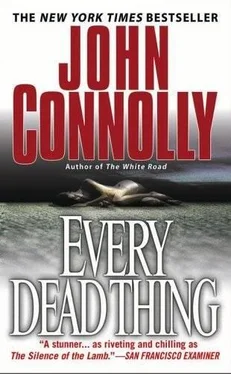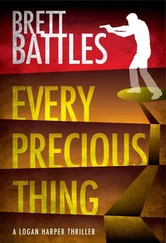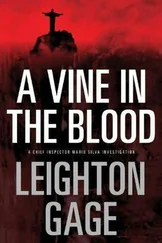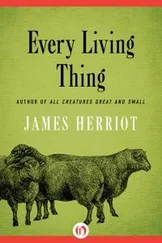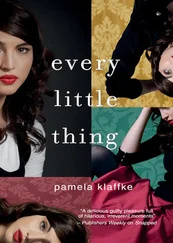John Connolly - Every Dead Thing
Здесь есть возможность читать онлайн «John Connolly - Every Dead Thing» весь текст электронной книги совершенно бесплатно (целиком полную версию без сокращений). В некоторых случаях можно слушать аудио, скачать через торрент в формате fb2 и присутствует краткое содержание. Жанр: Триллер, на английском языке. Описание произведения, (предисловие) а так же отзывы посетителей доступны на портале библиотеки ЛибКат.
- Название:Every Dead Thing
- Автор:
- Жанр:
- Год:неизвестен
- ISBN:нет данных
- Рейтинг книги:5 / 5. Голосов: 1
-
Избранное:Добавить в избранное
- Отзывы:
-
Ваша оценка:
Every Dead Thing: краткое содержание, описание и аннотация
Предлагаем к чтению аннотацию, описание, краткое содержание или предисловие (зависит от того, что написал сам автор книги «Every Dead Thing»). Если вы не нашли необходимую информацию о книге — напишите в комментариях, мы постараемся отыскать её.
“For me, the best thing about an author’s first novel is its untarnished honesty. John Connolly’s EVERY DEAD THING has that reckless intensity. Set against the gritty canvas of a serial killer loose in New York City, John Connolly’s writing is as lilting and refreshing and as tempestuous as an Irish rainstorm. Warning: Don’t start this book unless you have time to finish it.” – Paul Lindsay, former FBI agent and author of Witness to the Truth
“Classic American crime fiction; it’s hard to believe that John Connolly was born and raised on the Emerald Isle.” – amazon.com
“[A] darkly ingenious debut novel… The New Orleanssequence of the novel sing[s]… The rural Virginia town is petty, bitter perfection: no mean feat for a native Dubliner. The prose rings of ’40s L.A. noir, à la Chandler and Hammett, but the grisly deaths, poetic cops, and psychic episodes set this tale apart.” – Publishers Weekly (starred review)
“An ambitious, moral, disturbing tale with a stunning climax… In many ways its terror quotient exceeds that of Thomas Harris’ great work.” – The Times (London)
“Connolly writes with confidence, a swaggering self-assurance that is almost breathtaking in a first novel.” – Dublin Evening Herald (Ireland)
“A debut novel of stunning complexity… The tension starts on the first page and continues right through the last, concluding in a dramatic and ambiguous way that could disturb readers’ thoughts for days. A work of fiction that stays with you long after the book is closed is a rare and beautiful thing. This one goes right up there on the year’s list of the best.” – St. Petersburg Times (FL)
“A nonstop, action-packed tale that also has a warm side where love and loyalty (not DNA) make a person human.” – Barnesandnoble.com
“Shades of The Silence of the Lambs here-but this debut book by Dubliner Connolly also has echoes of James Crumley, Patricia Cornwell, and Lawrence Block… A terrifying finale… Connolly manages to keep the tension simmering right to the very end.” – Express Star (UK)
“Absolutely spellbinding… This is not a book for the timid.” – Naples Daily News (FL)
“A big, meaty, often superbly written novel-astonishing, for a first-time author, in its scope and apparent veracity… A book of sudden, horrifying violence and no-holds-barred explicit scene-of-the-crime detail… A painstakingly researched crime novel, impressive both in terms of its driven central character [and] its scrupulously evoked geography… Impressive, too, is the superior, topflight prose and sheer momentum of the plot.” – Tangled Web (UK)
“[An] exciting, scary, and darkly humorous story that deserves to be a success.” – Irish News
“A highly intelligent and exciting novel, with almost enough action and story for two books. The grim and grisly events are emotionally balanced by the book’s dark humor and Bird’s vulnerability.” – Library Journal
“[A] stunning debut… Painstaking research, superb characterization, and an ability to tell a story that’s chilling and thought-provoking make this a terrific thriller.” – The Mirror (UK)
“Brilliant… While Thomas Harris’ Hannibal is the year’s most anticipated thriller, John Connolly’s EVERY DEAD THING might just be the best… A real adrenaline rush… Simply too good to be missed-or to put down.” – The Clarion-Ledger (Jackson, MS)
